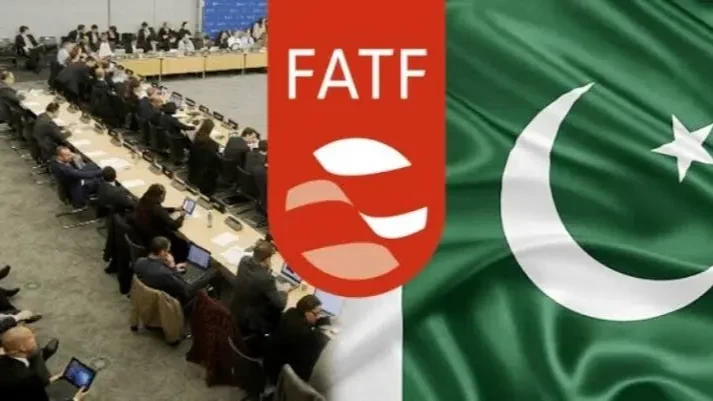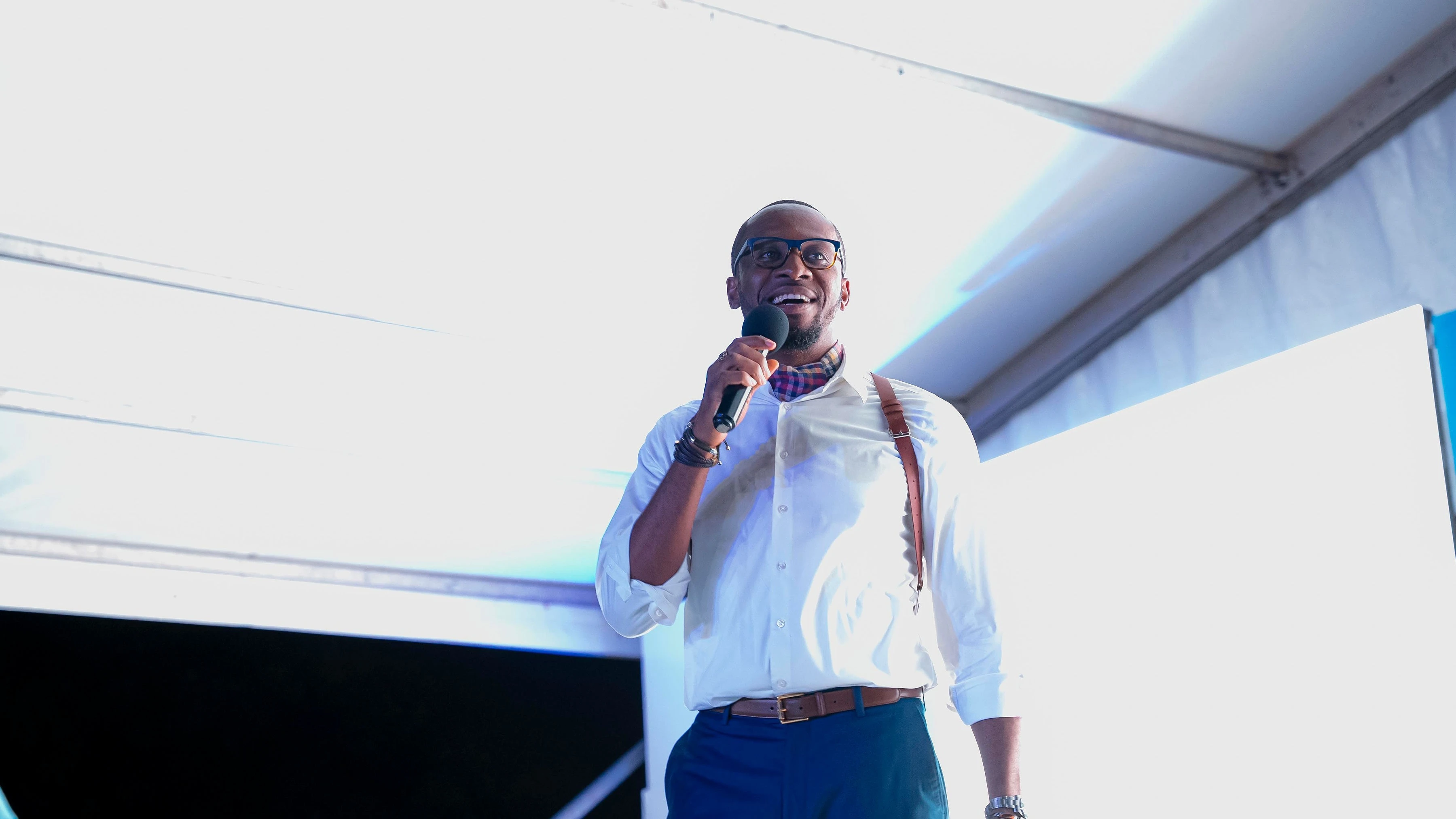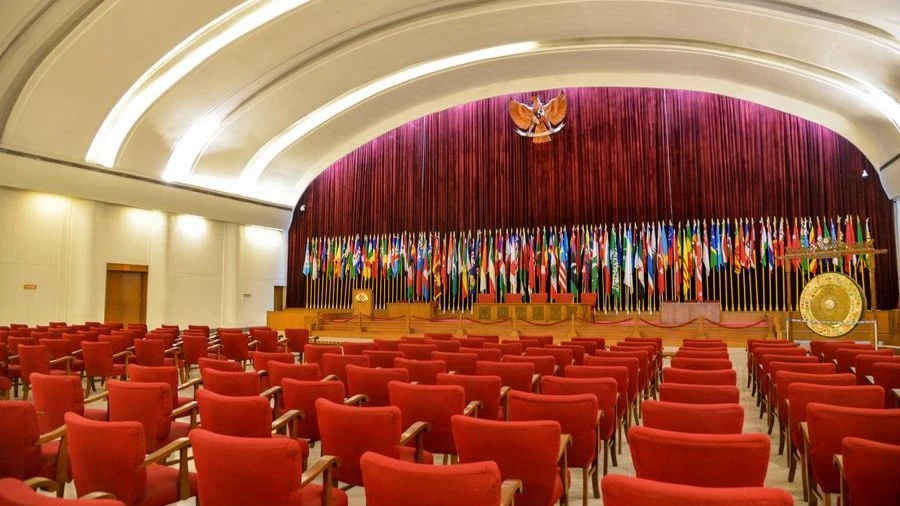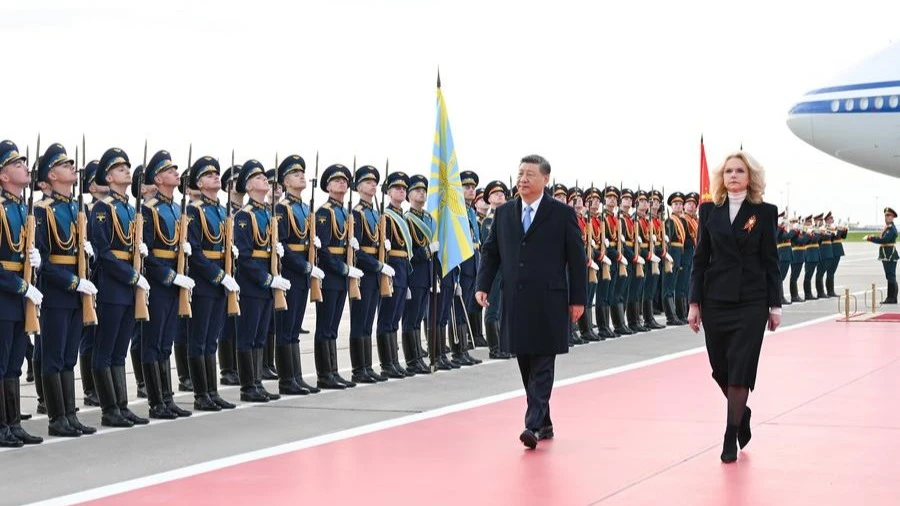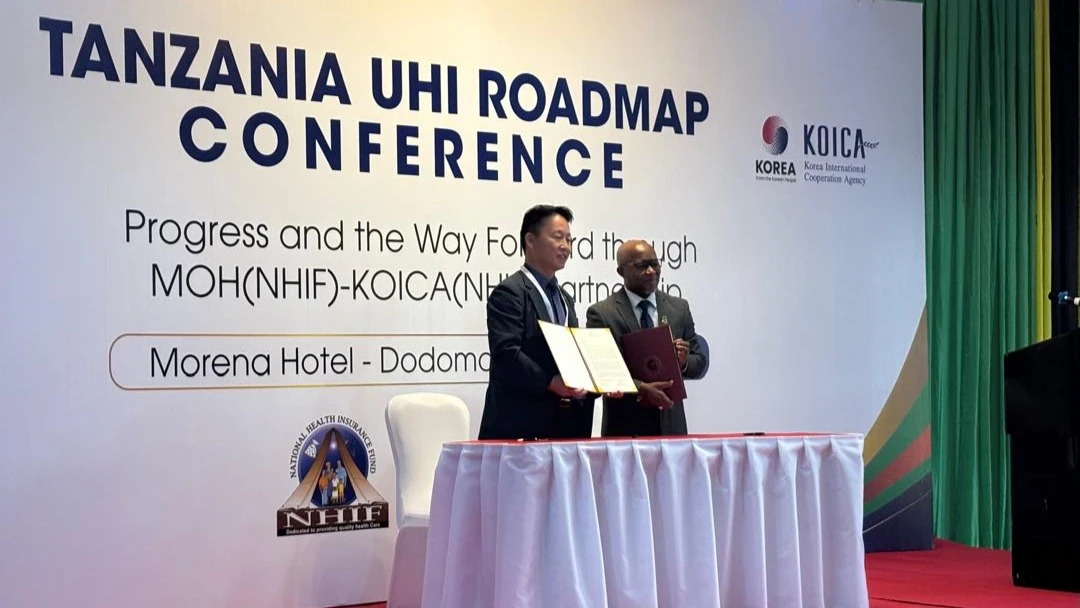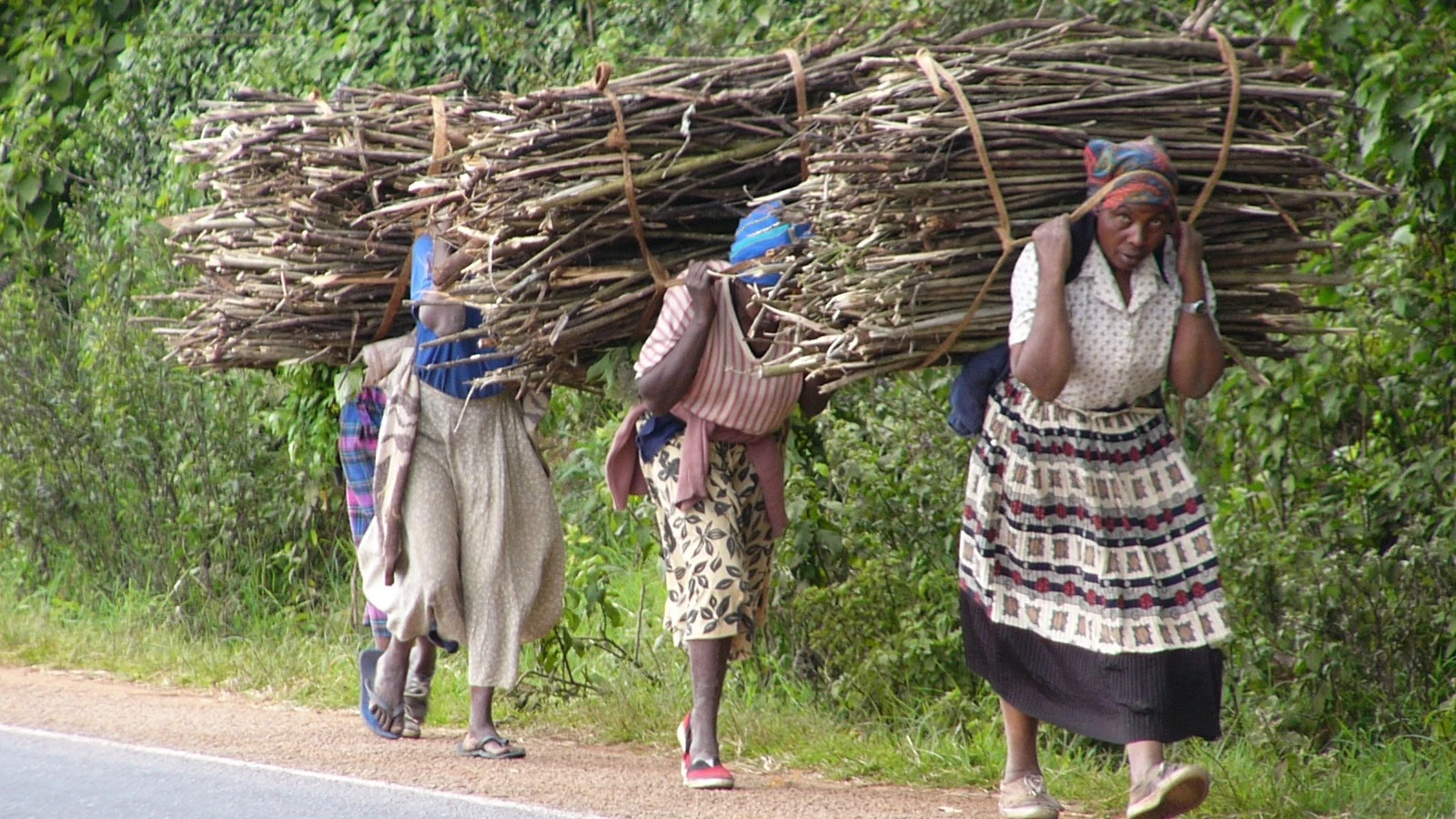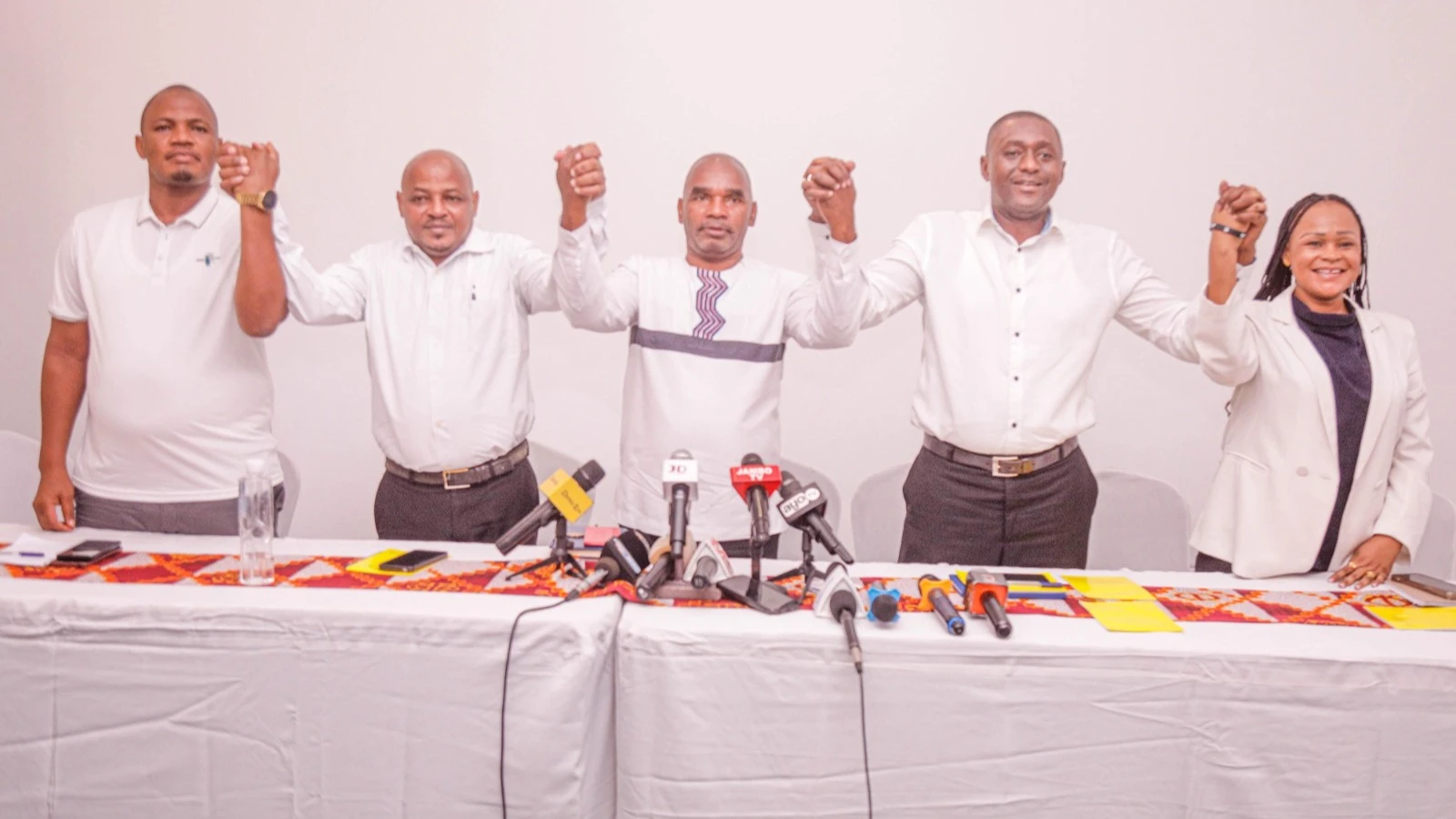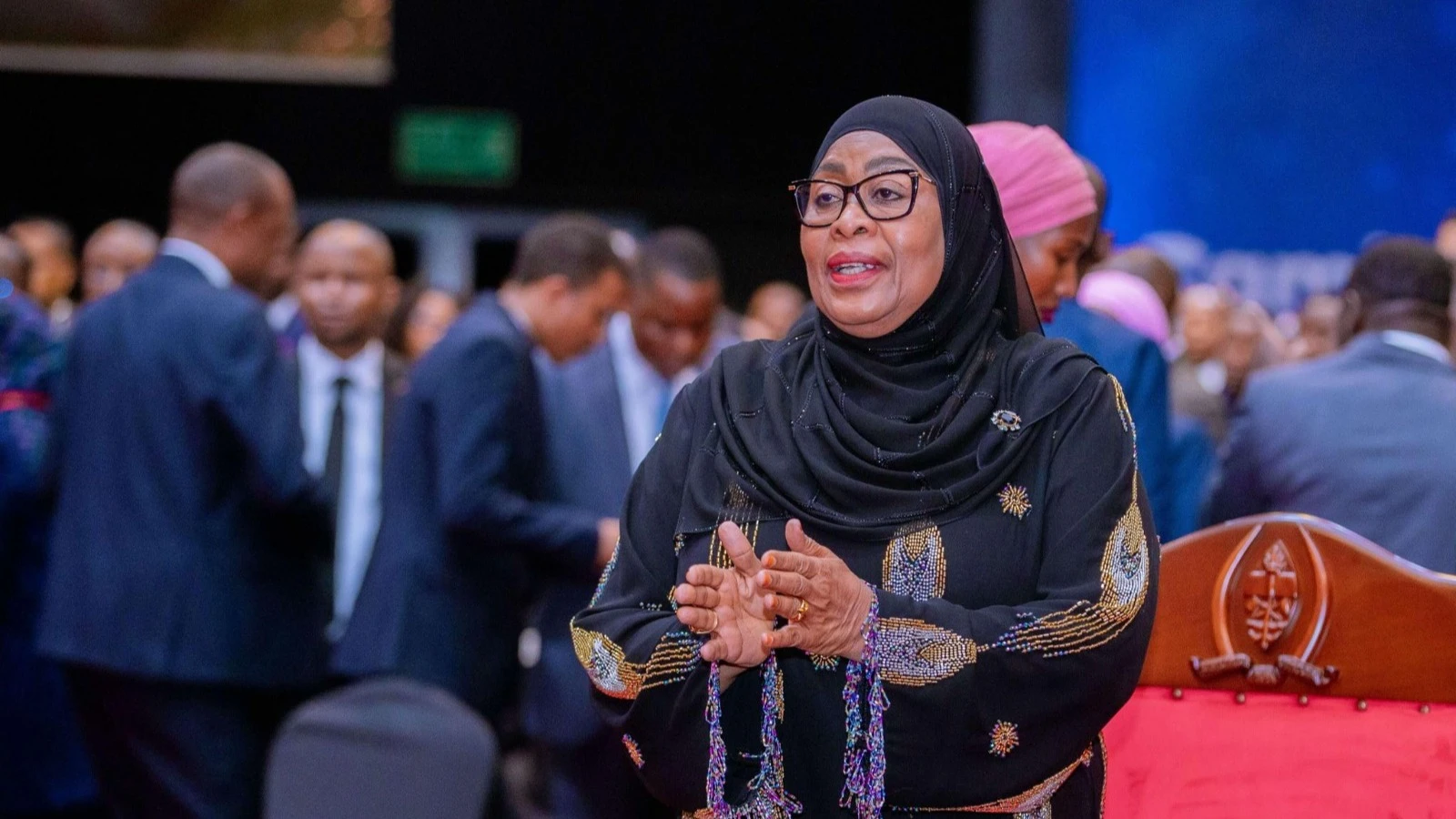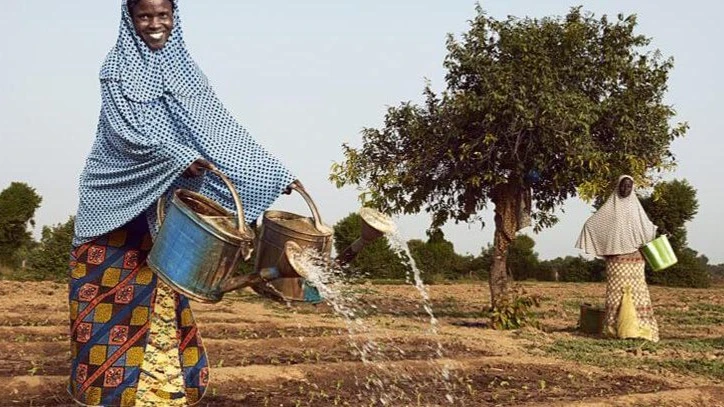Samia Kalamu Awards celebrate journalistic excellence with a call for nation-building reportage
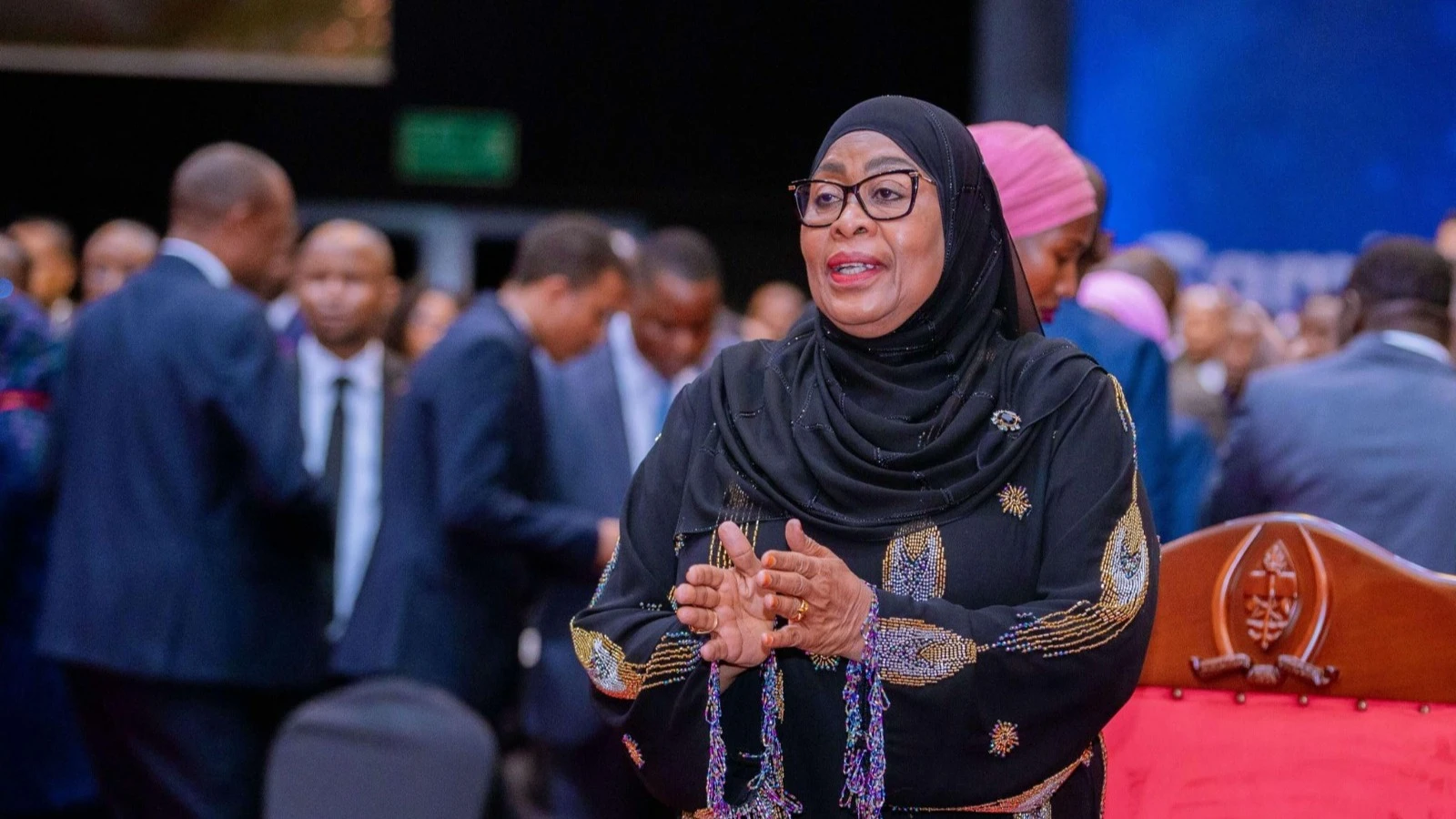
ON May 5, 2025, Tanzanian journalists had a night to remember at the Samia Kalamu Awards, a grand event organized by the Tanzania Media Women’s Association (TAMWA) in collaboration with the Tanzania Communications Regulatory Authority (TCRA).
The evening was a celebration of excellence in journalism, but also a moment where the lines between media celebration, government patronage, and political symbolism became glaringly apparent.
The awards ceremony, which recognized outstanding stories across various sectors, saw 20 journalists receiving prestigious sectoral prizes, including land, motorcycles, smartphones, overseas trips, and a standard cash prize of 5m/-, alongside a certificate.
President Samia Suluhu Hassan, who graced the event, couldn’t contain her surprise at the scale of the rewards journalists were receiving. She had anticipated just certificates, but the significant prizes made a profound statement about the importance the government places on the media.
“I must congratulate my ministers,” she remarked, “It was as if you were competing among yourselves in awarding prizes. This will motivate journalists to write better, knowing that there’s a competition where they can win awards.”
The night’s high point came with the recognition of veteran journalists, including Absalomu Kibanda, Deodatus Balile, Mbaraka Islam, and Hawra Shamte, who received special recognition from the Ministry of Information, Culture, Arts, and Sports. These journalists were honored for their political stories that fostered unity rather than division, each receiving a hefty 10m/- cash prizes.
President Samia also presented awards herself, with notable highlights including Julius Maricha of The Citizen, who won the award for clean energy reporting, and Alfred Lasteck of BBC Africa, who was crowned with the overall excellence in journalism award. In a rare gesture of respect for seasoned journalism, President Samia also handed 20m/- prizes to Tido Mhando and Maryam Hamdan.
The President called for journalists to avoid stories that tarnish the nation’s image, sking the press to align with government interests. President Samia explicitly urged local journalists to refrain from sharing stories that might “harm the nation,” specifically criticizing those who writes for international outlets like Al Jazeera or BBC with stories that painted Tanzania in a negative light.
Her speech resonated with a call for responsible, nation-building journalism. She reaffirmed the government’s commitment to strengthening the media sector by building institutional capacity and progressively addressing existing challenges.
Praising strides made in promoting the freedom of expression, she insisted on responsible journalism grounded in patriotism.
She emphasized: “The balance between press freedom and national unity: “You can speak, express, analyse—but let patriotism remain. This is where you were born and belong. Even if you end up abroad, Tanzania is still your home.”
She emphasized accurate use of Swahili in reporting to enhance accessibility and bolster the national language, similarly asking media outlets to harness digital tools in the wake of rising mobile news platforms and online TV.
Tanzania already has an established journalism award—the Excellence in Journalism Awards (EJAT), organized by the Media Council of Tanzania (MCT). This, unlike the Samia Kalamu Awards, is not affiliated with the government.
The MCT awards have long been recognized for their impartiality and their role in celebrating the best of Tanzanian journalism without any political strings attached. The MCT’s awards are seen as a more independent platform that celebrates journalistic excellence without the potential bias that comes with government involvement.
However, Tanzania’s media landscape faces significant challenges. Journalists work in a difficult environment, often under pressure, and with limited resources.
These awards do provide recognition and financial support to deserving journalists. For many, the tangible rewards, such as the motorcycles and land, are more than just symbols of recognition—they are essential to their livelihoods.
As Tanzania heads into the election year, it’s vital for the media to remain true to its role as a watchdog, ensuring that its work remains focused on the truth, and not shaped by political motives or rewards.
In the end, the true measure of journalistic excellence will not lie in the size of the cash prizes or the grandeur of the awards, but in the media’s ability to remain independent, truthful, and courageous—qualities that are needed now more than ever in a politically charged climate.
As the Samia Kalamu Awards and the MCT’s Excellence in Journalism Awards exist side by side, it will be up to the media to navigate these complex waters and ensure that their reporting continues to serve the public, not just the interests of the powerful few.
Top Headlines
© 2025 IPPMEDIA.COM. ALL RIGHTS RESERVED











